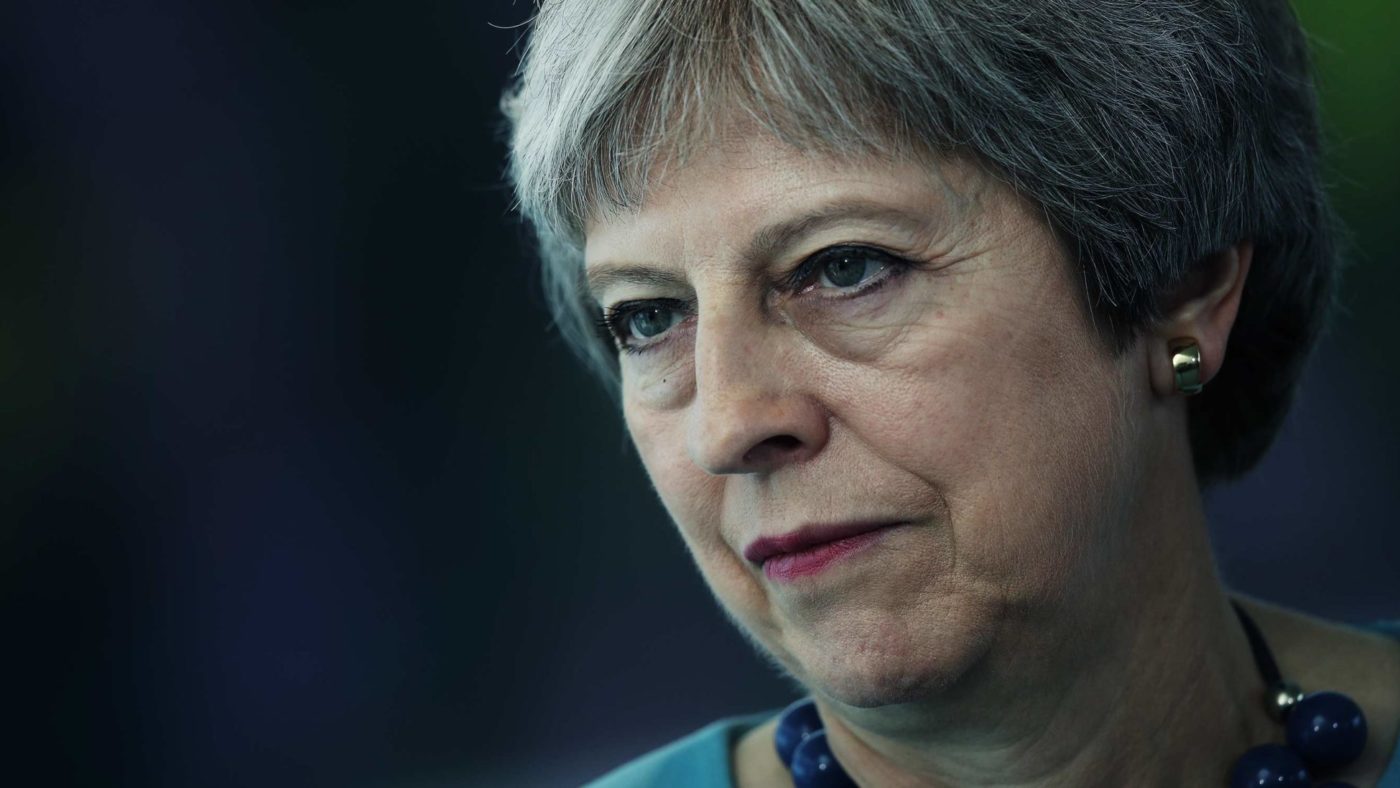If you can make sense of the Brexit rebels’ reaction to the approach agreed by the cabinet at Chequers last week then, frankly, you’re doing pretty well. David Davis and Boris Johnson signed up to the prime minister’s proposals before they unsigned up to them.
Their resignations have been accompanied by the departure of lesser lights, some of whom might struggle to be household names in their own household. Perhaps this weakens the government. But perhaps it’s also like removing a series of malignant tumours from its body.
More resignations are threatened. The prime minister must be brought to her senses and Brexit must mean full-throttled Brexit. This all seems rather akin to the kidnappers in a hostage drama deciding to execute themselves, one by one, until such time as their demands are met. I do not say this cannot work but it does not seem a persuasive strategy.
But what alternatives are there? There is no majority in the House of Commons for the kind of Brexit the ultras want. Since they cannot win there they must win somewhere else. If that means destroying the Conservative party then so be it. Brexit über alles. The prime minister must be brought to her senses and if that cannot be done without breaking her then so be it.
Hence, the bullish talk of daily resignations until such time as Theresa May appreciates that no deal really is better than a bad deal. If no deal comes with no transition period then that is the way this cookie will have to crumble. Tough medicine for the British economy, perhaps, but no one ever got anywhere useful or valuable without incurring some casualties along the way.
The eye-popping monomania that characterises hardcore Brexiteers is nowhere better displayed than in the pages of the Daily Telegraph, According to which, many of its readers think the prime minister is “guilty of treason”. Rather than dismiss this as the demented ravings of the green-ink brigade, the newspaper suggests “politicians would be wise to listen up”. Nothing good, I assure you, will come from this.
The Daily Mail, meanwhile, enthusiastically greets the outbreak of “guerrilla war” (though embarrassingly they spell it “guerilla” on their front page). And sure enough, Jacob Rees-Mogg’s ERG group have started to lay down amendments of their own, threatening the government’s ability to go about its business. With the parliamentary arithmetic as it is, you only need a section, far less a platoon, of troublemakers to make the government’s life miserable.
And yet, what is the point of this? What does it hope to achieve? Some of the would-be rebels seem confused themselves. “For the record” Bernard Jenkin tweeted, the “ERG is not expecting any further resignations, nor were we expecting any in the first place. Nor do we expect a leadership challenge. We are supporting Theresa”.
Supporting her by opposing her, I assume. Perhaps the prime minister is suffering from some form of Brexit false consciousness that can, somehow, be cured if only the right mixture of carrots and sticks is found. Owen Paterson and John Redwood, meanwhile, wax lyrical about the joys of trading on WTO terms. This, apparently, would be some kind of great emancipation.
So, at the latest count, there are at least four factions inside the Tory party. There is the Soubry-Clarke axis of “mutineers” that considers Brexit a monumental blunder. There are the hardcore Brexiteers who talk in dark terms of replacing the prime minister unless she comes to her senses. There is the rather larger group of Brexiteers who think the Chequers package stinks but recognise that toppling the prime minister would risk fresh disaster. And then there are those Tory MPs, a plurality of the party, who don’t much like anything but cannot see any better or more plausible alternative and so will do their duty and suck it up.
So long as that plurality holds, however, it is difficult to see how the Brexit rebels can prevail. If, in the end, the choice is between a bad deal and no deal we should expect significant numbers of Labour MPs to hold their noses — in the national interest — and vote for the half loaf offered by the government.
Tellingly, the Brexiteers have no plan beyond wrecking the government and walking away. There is something nihilistic about this, not least because we are asked to forget that the Brexiteers assured the British people that negotiations with the European Union would be, as Liam Fox put it, some of the “easiest” in human history.
Now, with championship levels of chutzpah, Steve Baker — a man more crucial to winning the Brexit referendum than many realise — says the electorate should never have believed any of that. The Remain campaign, after all, warned them that Brexit would be difficult and complicated and full of pain. They still voted for Brexit, however, and so it is absurd to suppose they did so without being fully cognisant of what lay ahead. This is quite something. And yet also, you know, entirely unsurprising.
The whole point of being irreconcilable, however, is lost if there are not enough irreconcilables to make a real difference. At present, the Brexiteers are putting themselves out into the cold and, by their actions and protests, putting a better face on the prime minister’s proposals than any she could do herself. In that, perhaps limited, respect, they are her unlikely and useful agents. The real prize, as so often, lies in moderate and middle Britain, not on the margins.


